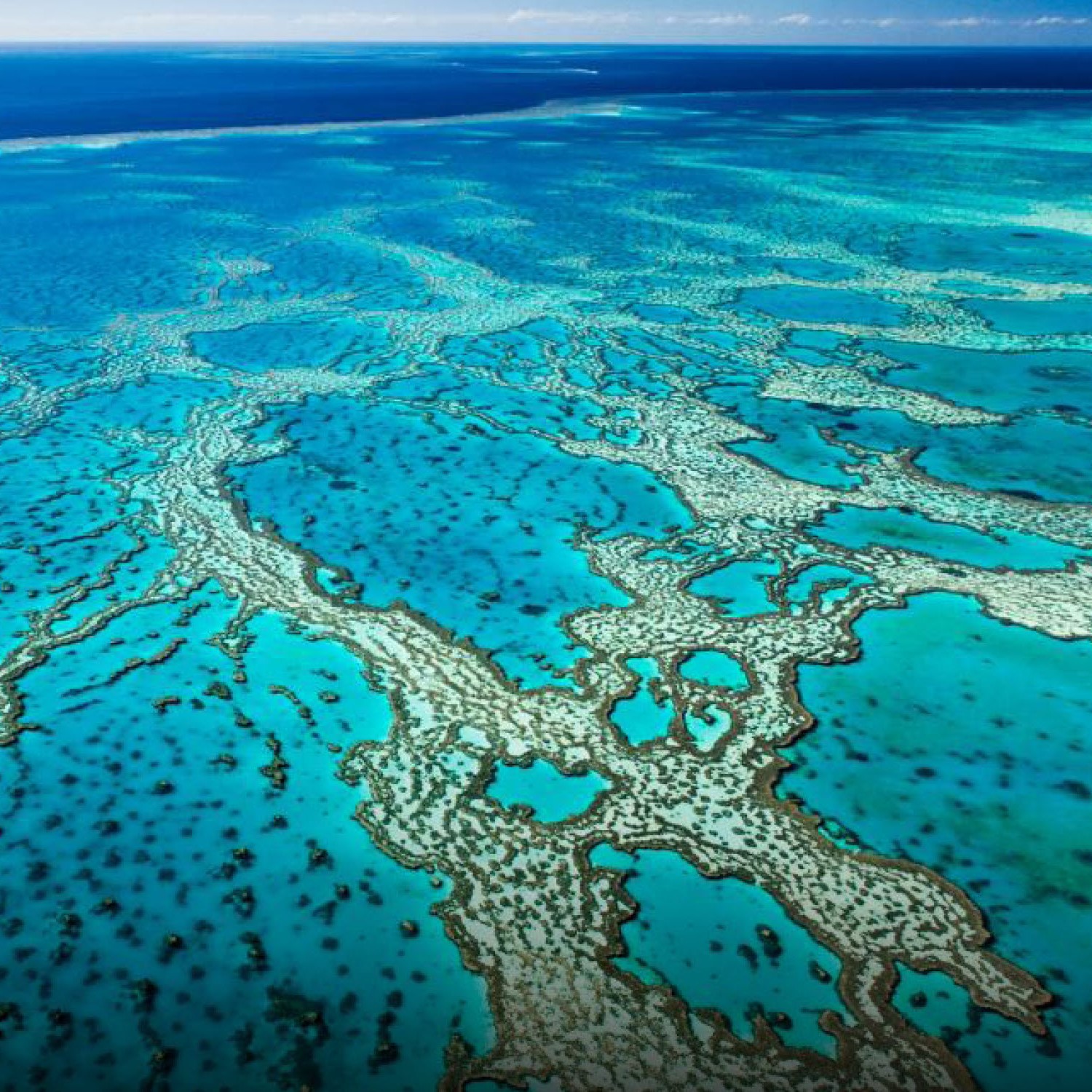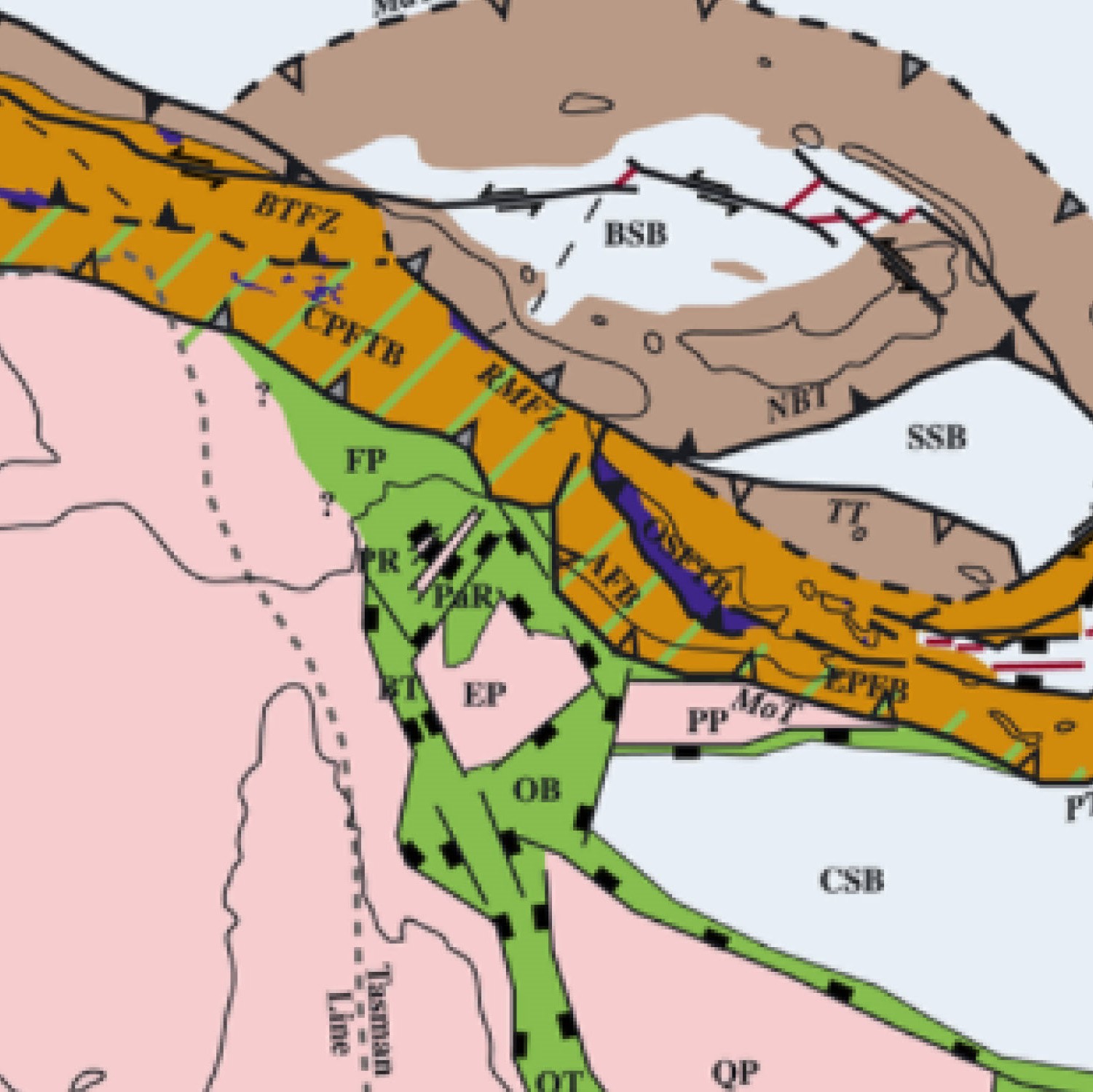Reiner Schlitzer received the 2010 Ocean Sciences Section Award at the 2010 Ocean Sciences Meeting, held 22–26 February 2010 in Portland, Oreg. The award is given in recognition of outstanding and long-standing service to the ocean sciences.
It is my privilege to nominate Reiner Schlitzer (Alfred Wegener Institute for Polar and Marine Research, Germany) for the AGU Ocean Sciences Section Award. His contributions in data management for large international research projects (World Ocean Circulation Experiment (WOCE), Integrated Marine Biogeochemistry and Ecosystem Research (IMBER), and GEOTRACES) and his development of the impressive data manipulation and visualization tool Ocean Data View (ODV) are meritorious contributions.
The massive data sets collected in the past few decades by international projects are only as valuable as they are accessible for easy manipulation and investigation by the broader ocean sciences community. Reiner created, disseminated, and continues to support the powerful yet facile ODV (http://odv.awi.de), which allows quick manipulation of very large data sets, giving unprecedented and rapid access to the science. ODV was developed such that thousands of oceanographers and students can learn it quickly and almost immediately make headway with their own data sets. Putting many more minds onto the questions that can be answered using global data sets is of incalculable value, and that is what ODV has done.
It is impossible to attend ocean sciences meetings where ODV is not most often the software of choice to present findings. At present, there are 2100 different visitors to the ODV Web site each month, downloading 60 gigabytes of software and data. The number of registered users is now at 16,500 and rising by 300 per month. There are Japanese and Russian translations of the ODV manual, again demonstrating Reiner’s dedication to service to the international community.
I thank the award committee for its deliberations on the merits of Reiner Schlitzer as a recipient of this very important award. He is absolutely deserving of this recognition.
—Dennis A. Hansell, Rosenstiel School of Marine and Atmospheric Science, University of Miami, Miami, Fla.
Thank you, Dennis, and thank you very much to AGU for this award. Data management has for a long time been seen as something quite technical and boring—certainly not as interesting and exciting as the scientific analysis of data and the discovery of new insights and knowledge. Yet recognition of the fundamental value of data management is growing, especially in our field of environmental sciences, where large and comprehensive data sets are needed to make scientific progress.
My interest in data analysis and visualization arose more than 2 decades ago during my Ph.D. work supervised by Wolfgang Roether. The objective was to apply new inverse methods then developed by Carl Wunsch to infer deep-water spreading rates on the basis of 14C measurements and a large hydrographic data set kindly provided by Joe Reid. Development of software to read Joe’s tape and to quality control and process the data for use in the model can be seen as the start of the work that eventually led to ODV. The first public version of ODV was released in 1990. The need for improvements in support of my own research as well as the constructive interaction with a growing user group have motivated further development ever since.
Design and implementation of ODV was influenced by the ATLAST and Java Ocean Atlas software and has benefited from fruitful collaborations with Peter Rhines and Jim Swift. The ODV software development would not have been possible without the long-term support of the Alfred Wegener Institute and the financial contribution from the European Commission. Much of the work was carried out during evenings and over weekends. I am grateful to my partner, Sabine, for her love, understanding, and support over all the years.
—Reiner Schlitzer, Alfred Wegener Institute for Polar and Marine Research, Bremerhaven, Germany







